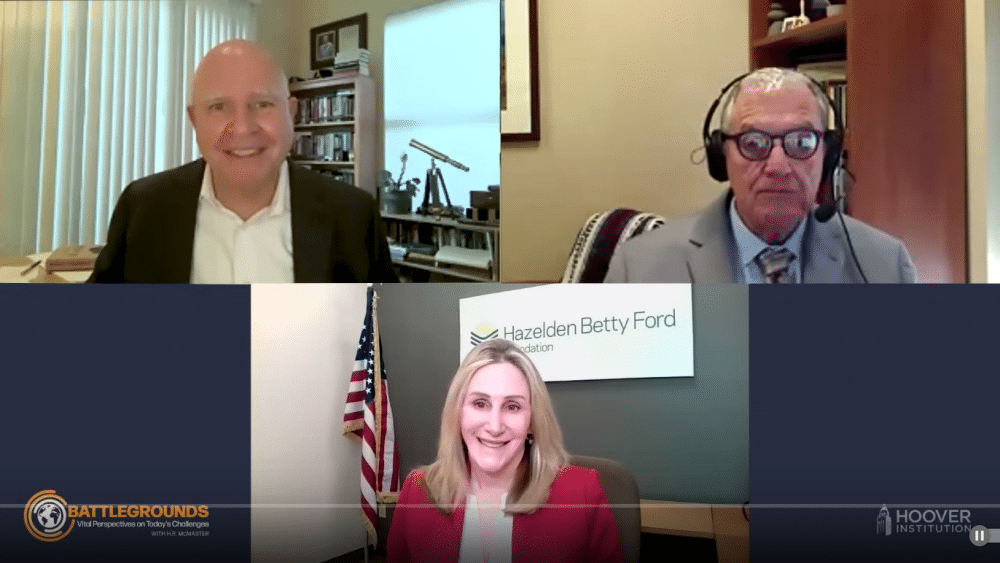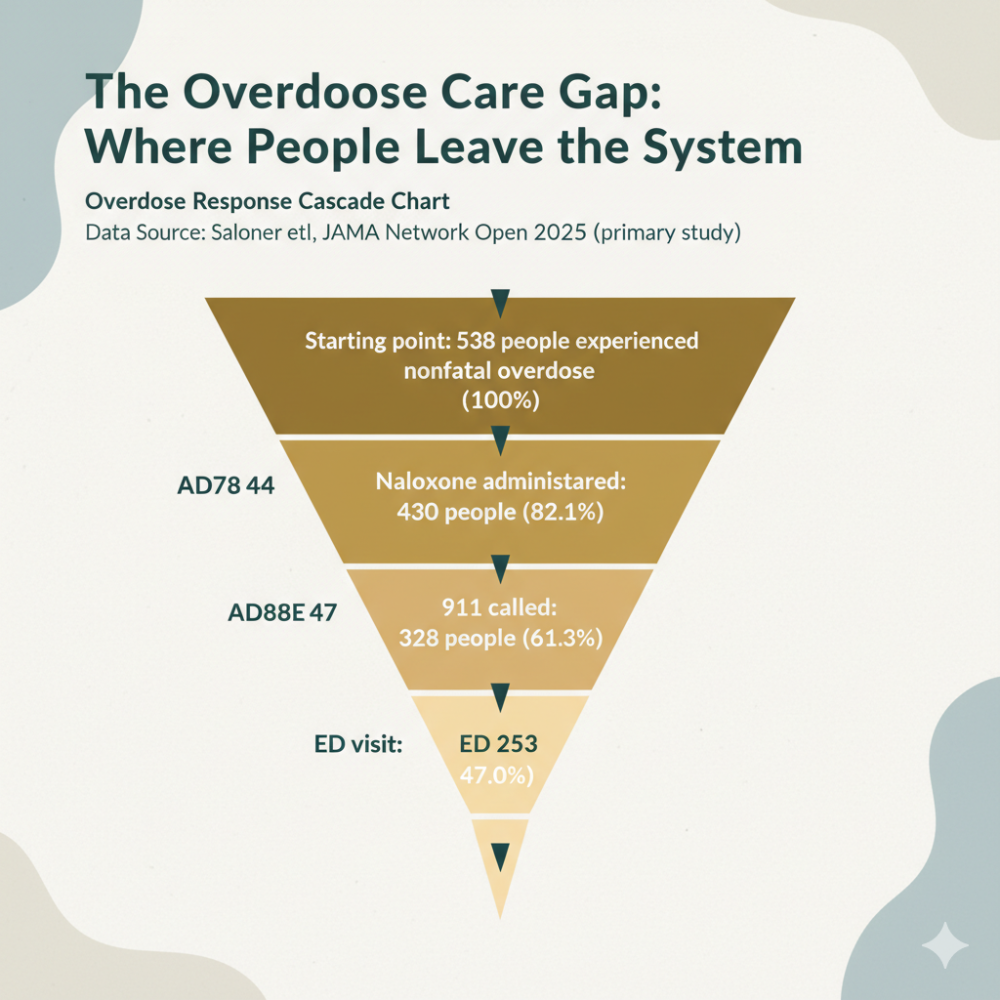Debunking the Myths About Using Suboxone for Opioid Addiction Recovery
Opioid addiction remains a devastating public health crisis, with over 100,000 overdose deaths in the United States each year. While the road to recovery is challenging, one of the most effective treatments available is a medication called Suboxone. However, persistent myths about this life-saving drug continue to create barriers for those seeking help.
Suboxone is a combination medication containing buprenorphine and naloxone. Buprenorphine is an opioid substitute that can help reduce cravings and withdrawal symptoms, while naloxone blocks the effects of opioids to prevent misuse. Numerous studies have shown that using this Medication for Opioid Use Disorder (MOUD) can lower the risk of fatal overdoses by around 50%.
Despite these proven benefits, some harmful misconceptions about Suboxone persist, including:
Myth 1: You aren’t really in recovery if you’re on Suboxone.
Reality: This outdated view ignores the medical reality of addiction as a chronic condition. Just as a diabetic needs insulin, many in recovery find Suboxone essential for regulating their brain chemistry and preventing relapse. Addiction treatment should be evidence-based, not dogmatic.
Myth 2: People frequently misuse Suboxone.
Reality: While any medication can be misused, Suboxone is less prone to this because it is only a partial opioid agonist, causing significantly less euphoria than drugs like heroin. Many who use Suboxone without a prescription are simply trying to self-manage withdrawal or get off more dangerous opioids.
Myth 3: It’s easy to overdose on Suboxone.
Reality: Overdosing on Suboxone alone is actually very difficult, due to a built-in “ceiling effect” that limits its ability to impair breathing. Overdoses typically occur when Suboxone is mixed with other sedatives like benzodiazepines.
Myth 4: Suboxone isn’t real treatment without therapy.
Reality: While comprehensive addiction treatment should ideally include both medication and therapy, access to MOUD alone can still be life-saving for many. Given the shortage of qualified providers, getting Suboxone is often the first critical step.
Myth 5: Suboxone should only be taken short-term.
Reality: There is no evidence that long-term Suboxone use is problematic. For some, maintaining on the medication indefinitely may be necessary to manage their chronic condition and prevent relapse.
Overcoming the stigma around addiction treatment with MOUD like Suboxone is crucial. As we continue to evolve our understanding of this disease, it’s time to replace outdated myths with compassion and evidence-based care. Lives depend on it.



